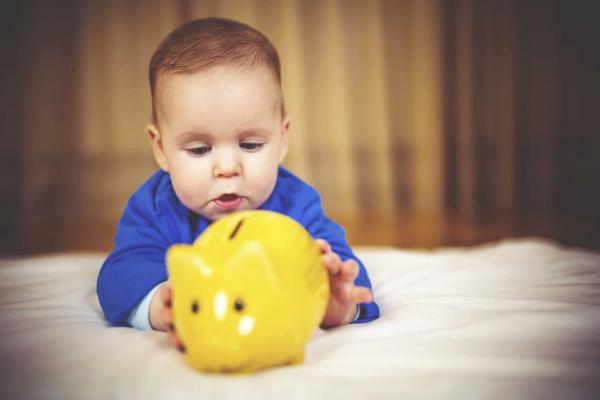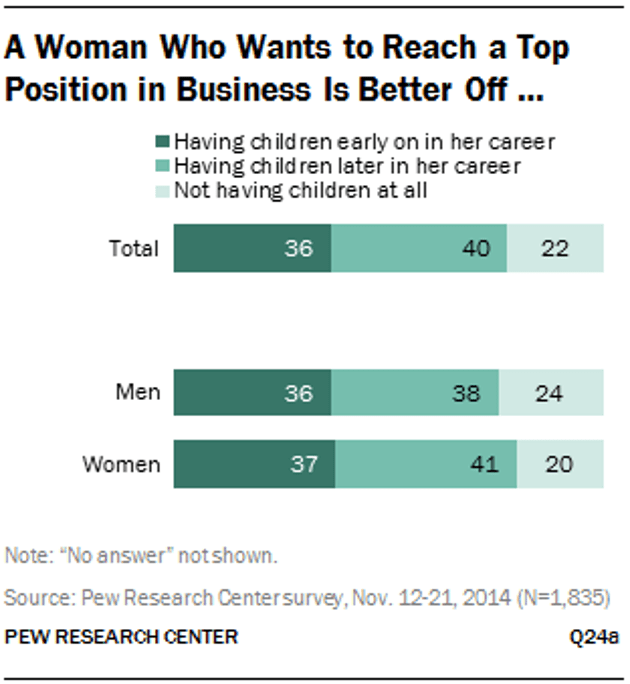
There are a lot of ways to increase your child's intelligence, one of which starts before they're even born.
A new study from researchers in London has found that babies born to mothers who are in their 30s will be healthier and more intelligent than some babies born to mothers who are in their 20s during childbirth and especially babies born to mothers who are in their 40s when they give birth, the study said.
As a part of the Millennium Cohort Study, researchers checked the records of more than 18,000 British children and looked at the impacts their mother's age had on their well-being and intelligence. They found the children who had the highest cognitive scores were from mothers who gave birth in their 30s.
This is for a number of reasons, most of which have to deal with a mother's financial and educational standing at the time they give birth, The Independent reported.
"First-time mothers in their 30s are, for example, likely to be more educated, have higher incomes, are more likely to be in stable relationships, have healthier lifestyles, seek prenatal care earlier and have planned their pregnancies," researcher Alice Goisis said, according to The Independent.
These older mothers are also less likely to smoke, and they're more likely to breastfeed and read to their children, all of which contribute to a child's increase in intelligence, The Independent reported.
This study comes at a time when mothers give birth, on average, at 26 years old, Business Insider reported. Overall, the average age of first-time mothers is on the rise, with many women waiting until they're in their 30s and 40s to have their first child. In fact, fewer mothers than ever before are having children in their teens and 20s, Business Insider reported.
"If a woman has to choose between pursuing her career and starting a family rather than doing both at the same time, putting off having kids becomes more likely," Business Insider wrote.
And the Pew Research Center reported similar results in a 2014 survey, which found that many highly educated women are putting off having a child to advance their careers.
Many parents and experts agree that waiting has its drawbacks, especially as it increases infertility risks, making it less likely for those parents to have children, Business Insider reported. Experts also say that parents who wait until they're in their 30s or 40s often have less energy, which it makes it harder for them to keep up with the parenting lifestyle.
"Age-related decline in fertility and the increased likelihood of miscarriages and pregnancy complications with age mean that waiting to have kids can put extra physical stress on a woman's body and her baby's - not a negligible effect," Business Insider reported.
But a 2012 study in the Human Reproduction journal found that older parents often provide many benefits to their children that young parents don't - specifically that they have social, economic and emotional advantages that provide a stable family for a child, Psychology Today reported.
Not only do these parents have "an established career, financial security, a committed relationship with a co-parent, and a stronger sense of emotional readiness," but they also have developed strong levels of patience and self-awareness, making it easier for them to raise their child, Psychology Today reported.
"I know that I'm way more self-aware than I was 20 years ago," one older parent said in the study. "I feel like I'm in a better position to communicate better with my child."


